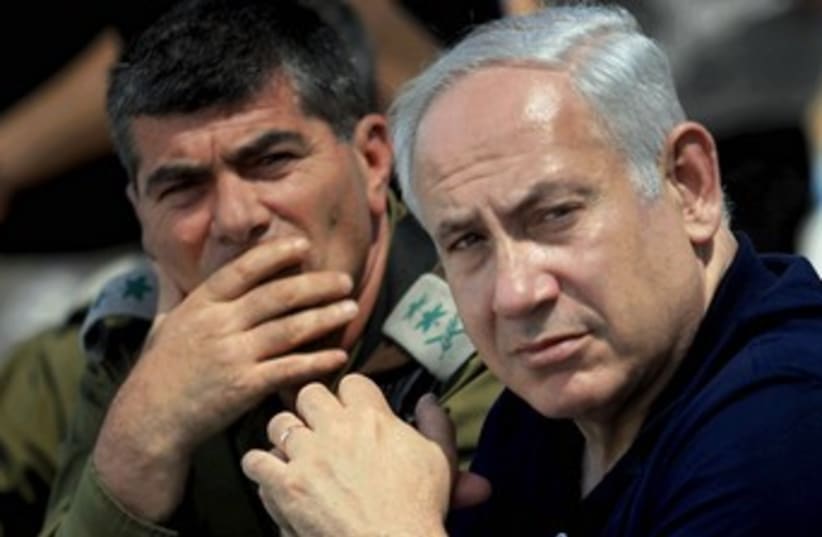Former IDF chief: Morsi's fall doesn't pose immediate danger to Israel
Ashkenazi says Egyptian army is too busy with domestic concerns to pose any threat to Israel, but warns situation in Egypt is still volatile; Hanegbi hopeful Morsi's ouster could strengthen future diplomatic ties with Cairo.
